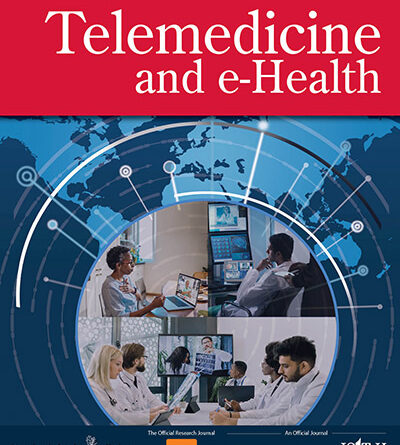Telemedicine Service Adoption During the COVID-19 Pandemic: Physicians’ Experience from Nigeria
Introduction:Telemedicine practice experiences during the COVID-19 pandemic have not been well documented in resource-constrained settings, such as Nigeria. We set out to assess knowledge, attitude, and factors associated with telemedicine practice during the COVID-19 lockdown, as well as physician experiences in Kano, Nigeria.
Methods:We employed a mixed-methods approach, utilizing structured questionnaires administered to 246 physicians, followed by in-depth interviews with a purposive subsample of 20 individuals. The data were analyzed using logistic regression and the framework approach.
Results:Overall, 65.0% of the respondents demonstrated moderate to good knowledge of telemedicine. Before COVID, only 47.6% (n = 117) reported practicing telemedicine, compared with 77.2% (n = 190) during the COVID lockdown (p < 0.05). Factors associated with telemedicine practice included having at least 5 years of work experience, working in pediatrics, undergoing senior residency training, receiving formal telemedicine training, possessing good knowledge of telemedicine, and having a positive attitude toward it. The odds of engaging in telemedicine practice were four times higher (adjusted odds ratio = 4.10, 95% confidence interval: 1.79–9.40) for those who practiced it before the pandemic. Challenges identified included knowledge and skill gaps, slow internet connectivity, unstable electricity, and inadequate equipment.
Conclusion:To enhance telemedicine practice in resource-limited settings, it is important to focus on strengthening information and communication infrastructure, providing comprehensive clinician training, implementing careful patient selection processes, and improving practice guidelines.


